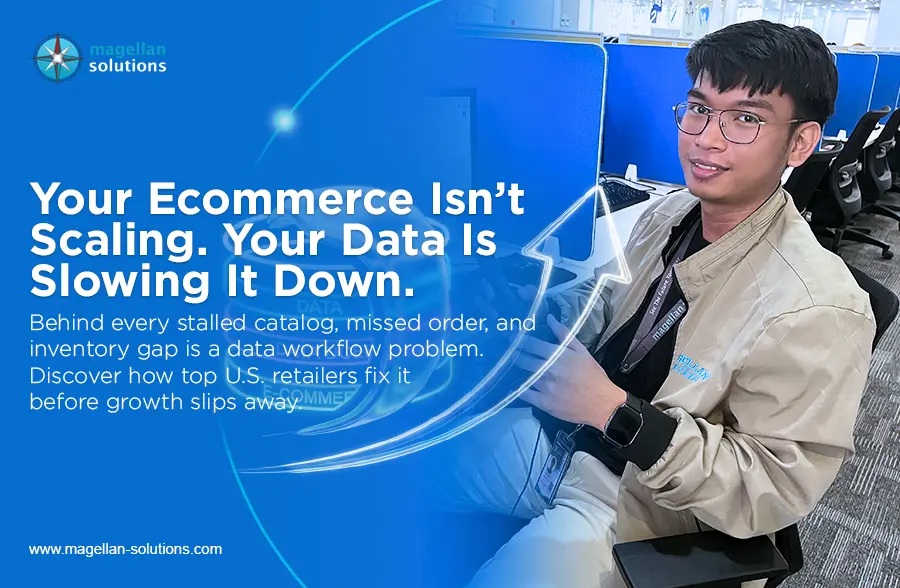Schedule a FREE call with our outsourcing expert now and get a precise quotation that meets your requirements. Don't wait - get started today!
Regenerative practices offer SMEs interested in sustainable agriculture a valuable opportunity. Regenerative agriculture enhances soil health, increases biodiversity, and supports ecosystem balance. Studies show that these methods can increase soil carbon storage by up to 40% and improve crop yields by up to 30%.
“Regenerative agriculture is not just a trend; it’s a necessity for future-proofing our food systems,” says an influential environmental activist, Dr. Vandana Shiva. For small and medium-sized businesses, exploring regenerative agriculture can provide new avenues for growth and align with the rising demand for eco-friendly solutions.
This article will explain regenerative agriculture, why it matters for SMEs, and how to integrate these practices into your business.
What Is Regenerative Agriculture?
Regenerative agriculture is a farming approach to improve soil health, increase biodiversity, and enhance ecosystem resilience. Unlike conventional farming, which often depletes the soil and relies heavily on chemical inputs, regenerative agriculture focuses on restoring and maintaining natural systems. Key practices include:
- Cover Cropping – Growing crops that cover the soil to protect it from erosion and improve fertility.
- Reduced Tillage – Minimizing soil disturbance to maintain soil structure and health.
- Crop Rotation – Alternating different crops in the same area to prevent pest buildup and improve soil nutrients.
- Agroforestry – Integrating trees and shrubs into farming systems to enhance biodiversity and soil quality.
Why Regenerative Agriculture Matters
Regenerative agriculture is essential for several reasons:
-
Soil Health
This approach improves soil quality, making it more fertile and better at retaining water. Healthy soil leads to better crop yields and reduces the need for synthetic fertilizers.
-
Environmental Impact
Regenerative practices help reduce greenhouse gas emissions, enhance water conservation, and support biodiversity. These benefits align with global efforts to combat climate change and protect natural resources.
-
Economic Benefits
Regenerative agriculture can lower farming costs in the long term by improving soil health and reducing dependency on chemical inputs. Additionally, it opens up new markets for sustainably produced goods.
-
Consumer Demand
More consumers are seeking products from sustainable agriculture sources. Adopting regenerative practices can help businesses meet this demand and enhance their brand reputation.
Benefits of Regenerative Agriculture Jobs for SMEs
For SMEs, understanding and engaging with regenerative agriculture can offer several advantages:
-
New Business Opportunities
As the demand for sustainable products grows, SMEs can enter new markets. Businesses that adopt regenerative practices or provide services to support regenerative agriculture can tap into this expanding sector.
-
Enhanced Brand Image
Companies investing in sustainable agriculture practices can improve their public image and attract environmentally conscious customers, increasing sales and customer loyalty.
-
Cost Savings
Although regenerative agriculture may require an initial investment, the long-term savings on inputs like fertilizers and pesticides can be significant. Improved soil health can also lead to better crop yields.
-
Partnership Opportunities
SMEs can partner with farms and organizations that practice or support regenerative agriculture. These collaborations can lead to new business ventures and shared resources.
Key Regenerative Agriculture Jobs for SMEs
Understanding the types of jobs and roles associated with regenerative agriculture can help SMEs identify where they might fit into this sector. Some key roles include:
- Consultants – Experts who provide advice and guidance on implementing regenerative practices. Consultants help businesses design and adopt strategies that improve soil health and sustainability.
- Agricultural Technicians – Professionals who support regenerative practices, including monitoring soil health and managing cover crops.
- Farm Managers – Individuals who oversee farm operations, ensuring that regenerative practices are effectively integrated into daily activities.
- Supply Chain Specialists – Experts who manage the sourcing and distribution of products from regenerative farms, ensuring that the products meet sustainability standards.
- Marketing and Sales Professionals – Individuals who promote and sell products from regenerative agriculture, helping businesses reach customers who value sustainability.
How SMEs Can Implement Regenerative Agriculture Practices
If your SME is interested in adopting regenerative agriculture practices or engaging with this sector, here are some steps to get started:
1. Educate Yourself
Learn about regenerative agriculture practices and their benefits. Understanding the principles and techniques will help you make informed decisions.
2. Assess Your Business
Determine how regenerative practices can be integrated into your existing operations. Identify areas where you can make improvements or where you can provide support to regenerative agriculture.
3. Build Partnerships
Connect with farms, consultants, and organizations involved in regenerative agriculture. Building relationships with these stakeholders can help you gain insights and collaborate on projects.
4. Invest in Training
Ensure your team is trained in regenerative practices and understands their role in implementing these techniques. This investment can improve the effectiveness of your efforts.
5. Promote Sustainability
Highlight your commitment to sustainability in your marketing and communications. This can help attract customers and partners who value regenerative practices.
6. Monitor and Evaluate
Regularly assess the impact of your regenerative practices and make adjustments as needed. Tracking progress and measuring success can help refine your approach and achieve better results.
Explore the potential of Regenerative Agriculture with Expert Insights!
If you’re exploring regenerative agriculture for your business, Magellan Solutions can help. Our team researches and assesses sustainable practices to ensure they meet your needs. From evaluating viability to implementing effective strategies, we provide the support you need to integrate regenerative agriculture seamlessly.
Let us guide you through the process and help your business thrive in the evolving agriculture sector. Contact us today to discover how we can assist with your sustainable agriculture goals.
















